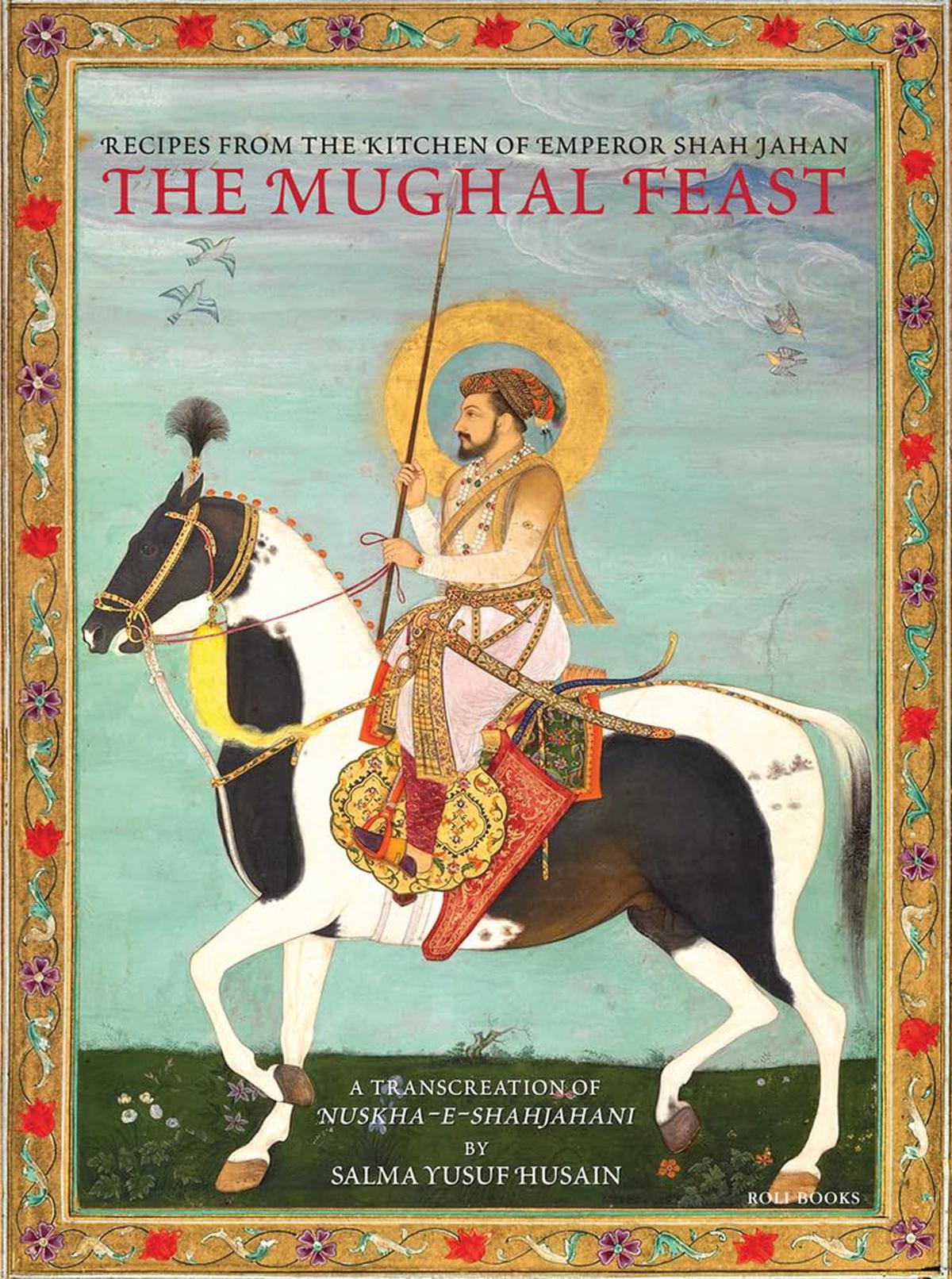
Salma Yusuf Husain has seven books to her credit, including the much celebrated The Mughal Feast (2019).
| Photo Credit: Shashi Shekhar Kashyap
On one of her travels to Central Asia, author-historian Salma Yusuf Husain recalls landing in Iran and going in search of biryani. “I was in the city of Isfahan, and we know biryani came to India from Iran. But what I found there in the name of biryani was a large flatbread layered with meat and salad. You see, biriyan means to layer and biryani was originally made with breads in Iran — it became the rice-based dish we know today only when it came to India,” she says.
For those who know the 70-something Husain, or Salma apa as she is affectionately called, documenting Mughal culinary history has been a lifelong passion, although that is not what she originally set out to do.
“My mother wanted me to study Persian, a language she loved, and so I did. After completing my Master’s, I got a job as a Persian translator at the National Archives.” Little did she know this would open many other doors for her.

After marriage, when she began cooking more frequently, Husain starting looking for Mughal-era recipes. “I was certain the Mughals would have left some written work on their food,” she says. Around the time, her maiden book on Indian sherbets was published, and soon after, she was tasked with translating a manuscript (on a selection of pulavs) from Persian to English. Today, she has seven titles to her credit, including the much celebrated The Mughal Feast: Recipes From The Kitchen Of Emperor Shah Jahan (2019), and has just signed two new books, one of which is on food in the time of Jahangir. Husain has also served as a consultant on Mughlai cuisine for ITC Hotels.
According to her, it is not only geography but even time that changes food — from the availability and quality of ingredients, to their usage, to cooking techniques. “There was a time when you could taste the ingredients in a dish, now you taste only spices and even those are no longer nice.”
In her kitchen though, she ensures the original recipes are followed and real favours are retained, case in point is a chana dal pulav cooked with apricots and plums. “It is such an old recipe and still so relevant. You should come and eat it with me sometime,” she smiles.
“Slow cooking and maintaining hygiene are the two most important things to keep in mind while cooking”Salma Yusuf Husain
The Delhi-based writer-consultant is interested in food, travel, culture and design.

